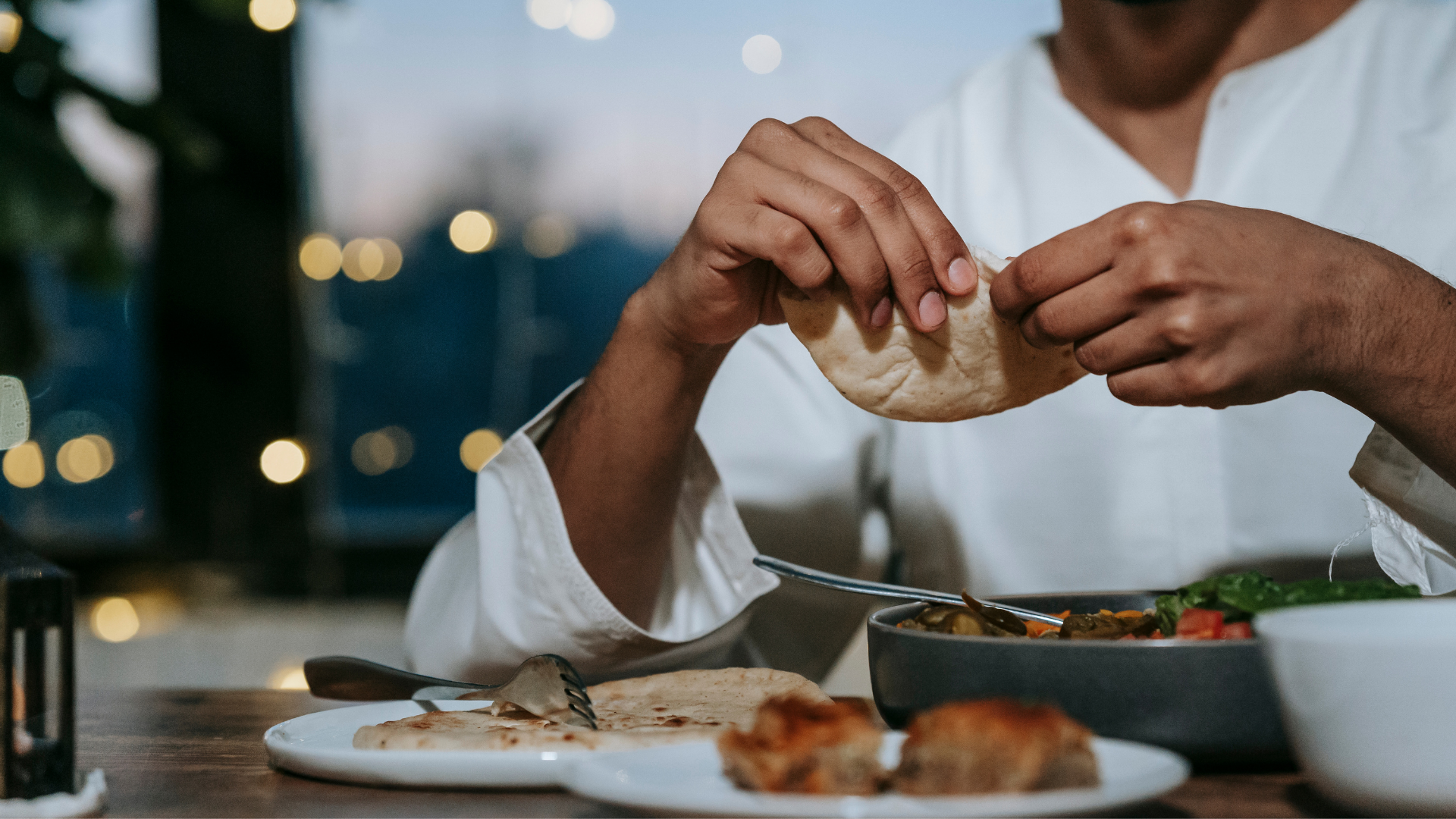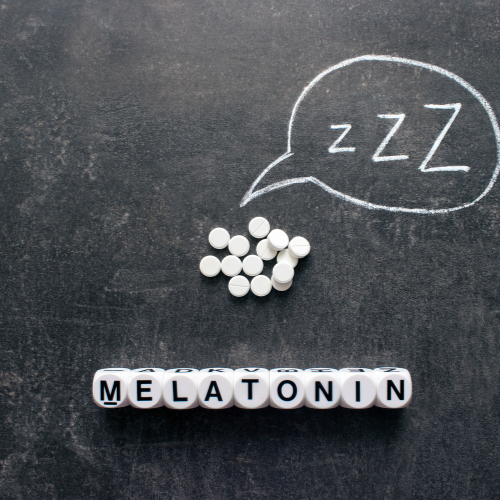
Eating dinner close to bedtime, when melatonin levels are naturally high, impairs blood glucose control, especially in people who carry high-risk G-allele melatonin variants, a new randomised controlled study reports.
The study, “Interplay of dinner timing and MTNR1B type 2 diabetes risk variant on glucose tolerance and insulin secretion: a randomised crossover trial,” was published in Diabetes Care.
Eating at times that conflicts with the body’s natural processes is linked to a higher risk of type 2 diabetes and other conditions. The levels of melatonin – a hormone that controls sleep-wake cycles – is highest late at night and early in the morning, and previous studies show that eating at these times impairs blood glucose control.
Studies of the melatonin receptor-1b gene (MTNR1B) have further shown that melatonin plays a crucial role in glucose control. Notably, some Europeans have MTNR1B gene variants containing the G-allele, which increases type 2 diabetes risk.
So far, no large studies have investigated the impact of late eating with high melatonin levels on glucose control, especially in those with the G-allele.
Now, a team of researchers in Spain investigated how late eating when melatonin levels are high affects glucose control and insulin response in healthy individuals with and without the G-allele.
Participants in this study were enrolled in the ongoing Spanish ONTIME-MT cohort, consisting of healthy adults who naturally eat late. At the start of the study, all participants provided seven-day food and sleep records to allow the researchers to assess their usual dinner, sleep, and wake times. They also provided blood samples to determine their G-allele status.
For the crossover trial, each participant completed an eight-hour fast and then over the following two evenings, they took a two-hour 75-g oral glucose tolerance test (OGTT), one early in the evening and the other late in the evening. The OGTT simulated either early dinner, taken four hours before the participants’ usual bedtime, or late dinner, taken one hour before regular bedtime.
For the OGTT, participants drink a liquid containing 75g of glucose. Then the scientists measure their insulin and glucose levels every 30-minutes over two hours.
A total of 845 participants (71% female) with a mean age of 38 and a body mass index of 25.67 were enrolled. Of the cohort, 50% had normal C-alleles, 50% had at least one copy of the G-allele (40% had one copy, and 10% had two copies).
Eating late at night was associated with a 3.5-fold higher rise in melatonin than early eating. Interestingly, blood glucose levels were 8.3% higher after late eating than early eating, corresponding to a 6.7% decrease in insulin production.

While all participants had higher glucose levels after late than early eating, individuals with the G-allele had the highest blood glucose levels after late eating. Moreover, those with two G-alleles had much higher blood glucose levels after late eating than those with one G-allele or none. And compared with participants with one or no G-allele, those with two G-alleles produced the least insulin after late compared with early eating.
“We found that late eating disturbed blood sugar control in the whole group. Furthermore, this impaired glucose control was predominantly seen in genetic risk variant carriers, representing about half of the cohort,” Marta Garaulet, PhD, lead author and professor of physiology and nutrition in the Department of Physiology at the University of Murcia said in a press release.
Further assessments showed that the differences in blood glucose control after late and early eating were due to defects in pancreas function, specifically lower insulin production. This defect was most apparent in people with two copies of the G-allele.
Interestingly, splitting the cohort based on the amount of melatonin they produced in the evening showed that when melatonin levels are high, people with the G-allele produce less insulin in the late evening compared with the early evening.
“Our results confirm that late eating acutely impairs glucose tolerance through a defect in insulin secretion…Of relevance, this effect was dose-dependent and largest among GG carriers and was accompanied by a significant decrease in indices of insulin secretion but not in indices of insulin sensitivity. Thus, our study supports the hypothesis that melatonin contributes to impaired glucose homeostasis by inhibiting insulin secretion,” the researchers wrote
“Our study results may be important in the effort towards prevention of type 2 diabetes. Our findings are applicable to about a third of the population in the industrialised world who consume food close to bedtime, as well as other populations who eat at night, including shift workers, or those experiencing jetlag or night eating disorders, as well as those who routinely use melatonin supplements close to food intake,” Frank Scheer, PhD, MSc, director of the Medical Chronobiology Program at BWH said.
The authors suggest that the general population eat their last meal at least two and a half hours before bedtime
The researchers suggest that further studies test whether eating dinner earlier over long periods improves glucose tolerance and lowers the risk of type 2 diabetes, especially in carriers of the G-allele.

